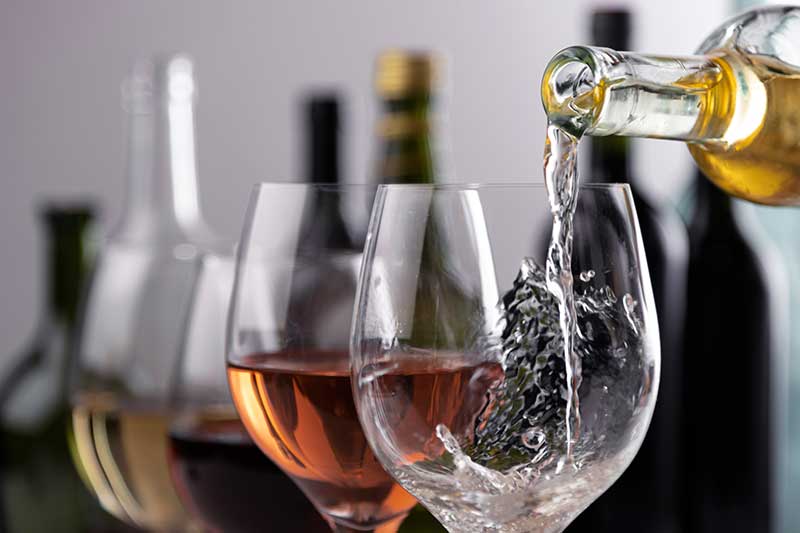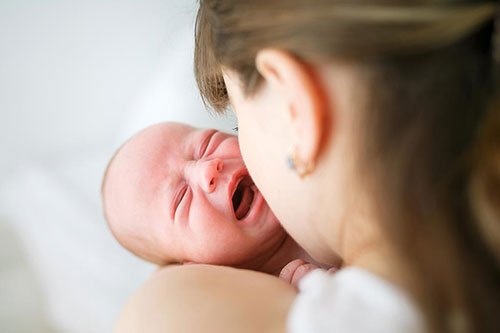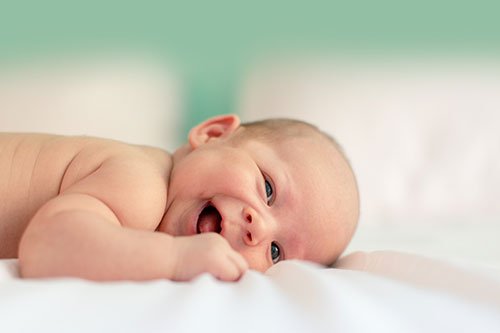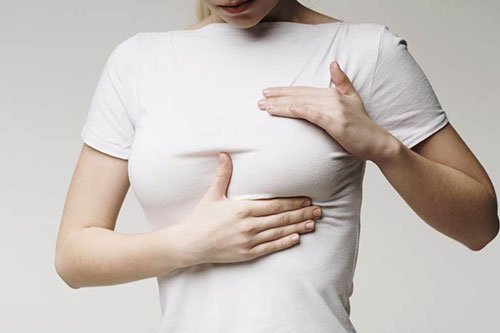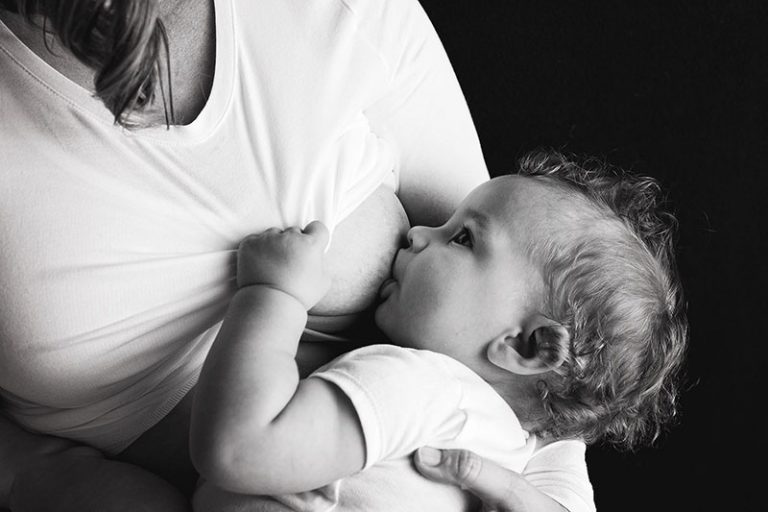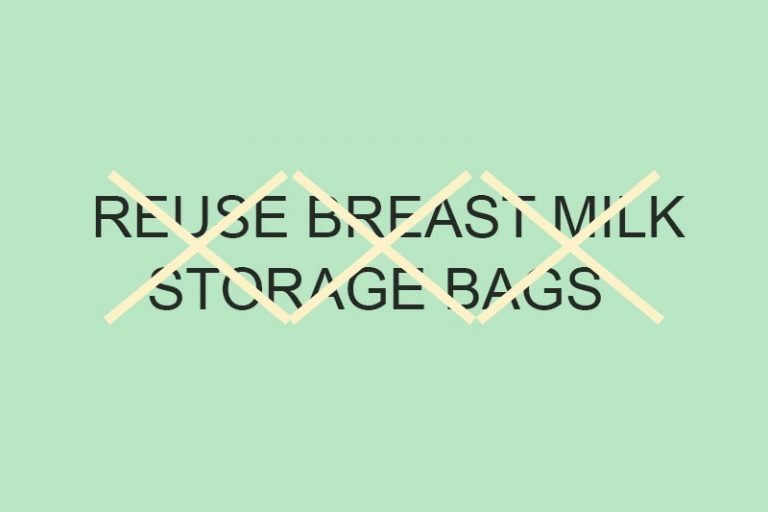Foods and Drinks to Avoid While Breastfeeding
Generally many women find that they can eat whatever they like during breastfeeding. Even though this is true, keep in mind that some strongly favoured foods can change the taste of your milk. Many babies seem to enjoy the varieties of breast milk flavours, but occasionally, your baby may get cranky or fussy at the breast after you eat certain foods. If you notice this happening, simply avoid that particular food to encourage the success of your breastfeeding journey.
The most common offenders during breast feeding includes:
- Chocolate
- Dairy
- Spices
- Citrus fruits
- Garlic
- Chili
- Lime
- Gassy vegetables
- Fruits with laxative type effects, such as prunes and cherries.
Coffee and Alcohol
You can have a cup or two of coffee a day, although too much caffeine can interfere with your baby’s sleep and even make him or her cranky. Keep in mind, caffeine is found in many soft drinks, tea, and even over the counter type medicine as well. So if you’re downing a couple cups of coffee in the morning (let’s face it – mornings are challenging), it’s most probably not a good idea to have an energy drink as a pick me in the afternoon.
It’s okay to have an alcoholic beverage every now and then, although having more than one drink can increase your blood alcohol level, putting the alcohol into your breast milk.
If you are planning to have more than one drink at a time, it’s best to wait two hours or more per drink before you resume any type of nursing or breast feeding. There is no need to pump and dump unless your breasts are full and it’s time to feed your baby. Unless of course, you’re planning on letting your hair down and cutting loose. In that case, it’s best to plan your outing in advance and ensure that you have plenty of expressed milk stored away to last the amount of time it will take for the alcohol to leave your bloodstream, which could be days depending on the amount of alcohol intake.
It is recommended that while breastfeeding, any type of heavy drinking should be avoided.
Before you actually omit any foods from your diet, you should speak to your doctor. If you avoid certain foods and it causes a nutritional imbalance, you may need to see a nutritionist for advice on taking other foods or getting nutritional supplements to ensure you and your baby are getting the necessary and adequate amount of nutrition to support good health and well-being.
Not drinking alcohol is the safest option for breastfeeding mothers. However, moderate alcohol consumption (up to 1 drink/day) is not known to be harmful to the infant.
https://www.cdc.gov/
Breast milk storage bags are ideal for keeping your expressed milk safe, allowing up to 3 months storage in the freezer. Plus it can be stored standing up or laying flat to save on space in the freezer/refrigerator.

